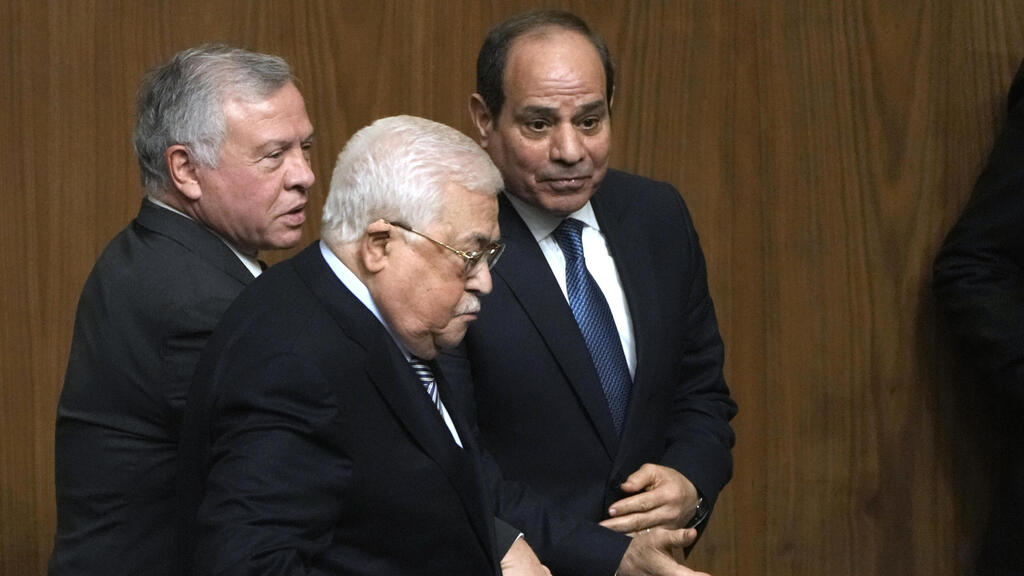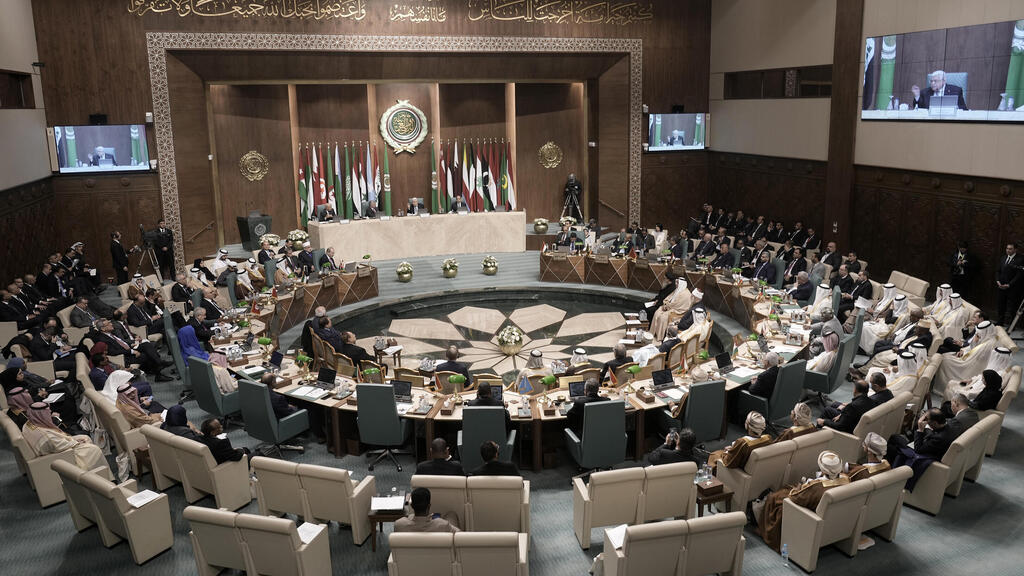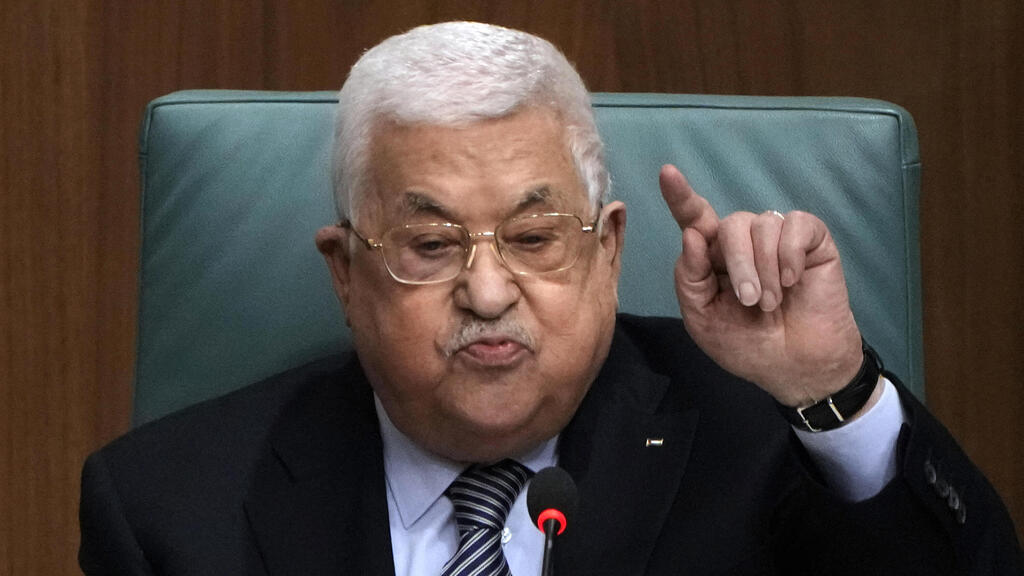Dozens of leaders and senior officials from Arab and Islamic countries Sunday condemned recent Israeli actions in Jerusalem and the West Bank, where violence has surged between Israel and the Palestinians.
The meeting in Cairo was hosted by the Arab League and attended by Egypt's President Abdel Fattah el-Sissi , Jordan’s King Abdullah II and Palestinian President Mahmoud Abbas along with many foreign ministers and senior officials.
Speakers at the meeting condemned Israel’s “unilateral measures” in Jerusalem and the West Bank in statements, including home demolitions and expanding settlements.
They also condemned visits by Israeli officials to the city’s contested holy site, which is sacred to both Jews and Muslims and has often been the epicenter of Israeli-Palestinian unrest.
There was no immediate comment from Israel’s government.
The officials also voiced support for Jordan’s role as custodian of the Al-Aqsa Mosque, the third-holiest site in Islam. The mosque is built on a hilltop in Jerusalem’s Old City that is the most sacred site for Jews, who refer to it as the Temple Mount because it was the site of the Jewish temples in antiquity.
Since Israel took hold of the site in the 1967 Six Day War, Jews have been allowed to visit but not pray there. Israel claims all of Jerusalem as its undivided capital, while the Palestinians seek east Jerusalem as the capital of their future state.
Calling Jerusalem “the backbone of the Palestinian cause,” el-Sissi warned of dire repercussions of any Israeli move to change the status quo of the holy site, saying they would “negatively impact” future negotiations to settle the Israeli-Palestinian conflict.
He said such measures would impede the long-sought after two-state solution to the conflict, which would leave “both parties and the whole Middle East with difficult and grave options.”
El-Sissi, whose country was the first Arab nation to establish diplomatic ties with Israel, called on the international community to “reinforce the two-state solution and create conducive conditions for the resumption of the peace process.”
King Abdullah II also called for Israel to cease its violations and incursions into the Al-Aqsa Mosque. "The region cannot live in peace, stability, and prosperity without any progress made on the Palestinian cause," he warned.
3 View gallery


Egypt's President Abdel Fattah el-Sissi, Jordan’s King Abdullah II and Palestinian President Mahmoud Abbas
(Photo: AP)
Ahmed Aboul-Gheit, the secretary-general of the pan-Arab organization, also warned that attempts to partition the Al-Aqsa Mosque and obliterate its Arab and Islamic identity “would fuel endless unrest and violence.”
Abbas, the Palestinian president, said his administration would resort to the United Nations and its agencies and demand a resolution to protect the two-state solution to the conflict.
“The State of Palestine will continue going to international courts and organizations to protect our people’s legitimate rights,” he said.
The ongoing bout of violence has put the region on edge. Last month, U.S. Secretary of State Antony Blinken met with Egyptian, Israeli, and Palestinian leaders and urged them to ease tensions.



